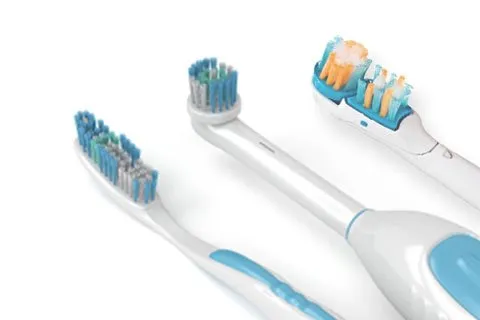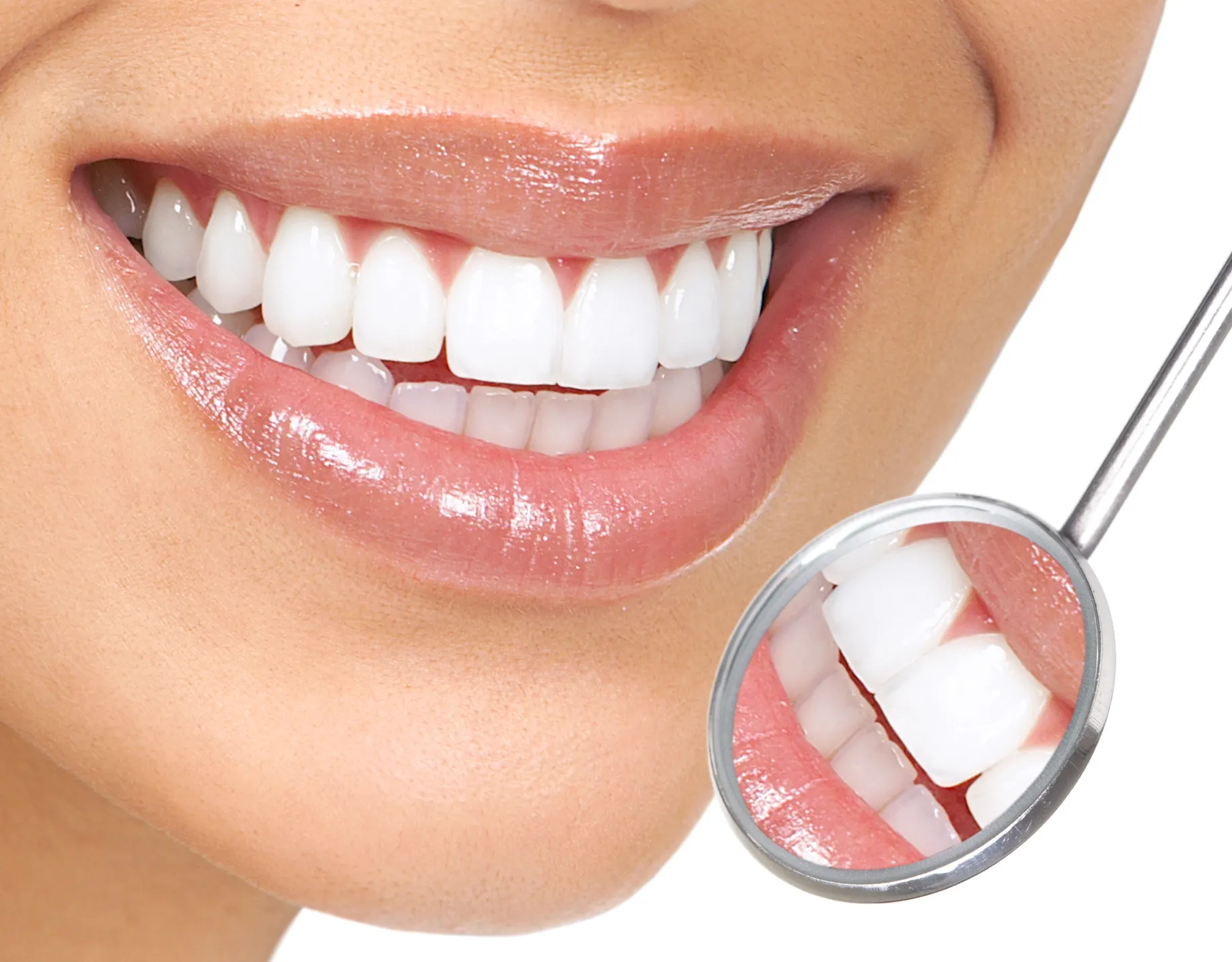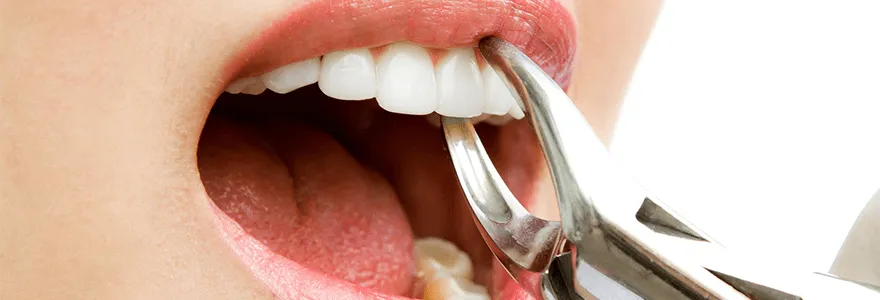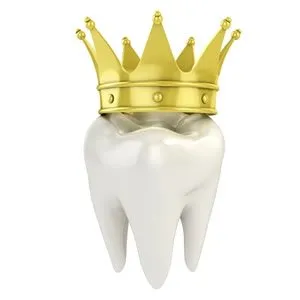Which Toothbrush is Better, Electric or Manual?
With correct brushing technique optimal results can be achieved with both electric and manual toothbrushes. If someone is doing really well with a manual brush and not having any problems with plaque or brushing too hard, there is little to gain from switching to an electric toothbrush. When electric brush may be better? An electric toothbrush can be a great alternative to a manual toothbrush, especially if you have arthritis or other conditions that make it difficult to brush well. An electric toothbrush designed especially for children with colorful pictures and music can make it easier to get kids brushing their teeth. Its bristle movement might even help you remove more plaque from your teeth and improve your gum health. If you choose to use an electric toothbrush, make sure the toothbrush is comfortable to hold and easy to use. Your dentist might suggest a model with a rotating-oscillating head or a head that uses ultrasonic pulses to move the bristles. Other features, such as adjustable power levels, timers and rechargeable batteries, are optional. Follow the manufacturer’s instructions about when to replace the head to ensure the toothbrush continues working effectively. Whether you choose an electric toothbrush or a manual toothbrush, remember that what’s most important is daily brushing and flossing. Move around the teeth gradually in a systematic fashion. Don’t just brush randomly in all sorts of places, start in one area and work your way around. Do it in a systematic fashion so you know you are going to be thorough. No matter which toothbrush you choose, the rules for maintaining oral hygiene are the same and brushing technique will always be of the utmost importance.










